Evidence-Based Therapy & Healing As A Couple
Relationship dynamics fundamentally alter how addiction develops, persists, and can ultimately be overcome. While mainstream addiction treatment has traditionally focused on individual pathology and personal accountability, revolutionary research from Harvard Medical School and the American Journal of Family Therapy reveals that intimate partnerships create unique neurochemical environments that either accelerate addiction progression or become powerful catalysts for sustained recovery. Evidence-based therapy & healing as a couple emerges from this scientific understanding, recognizing that successful addiction treatment must address both individual brain chemistry and the complex emotional ecosystems that couples create together. This approach represents a paradigm shift from viewing relationships as potential obstacles to recovery toward harnessing partnership dynamics as therapeutic tools.
At Couples Rehabs, our specialized programs integrate these groundbreaking findings into comprehensive treatment experiences that simultaneously address addiction, mental health, and relationship wellness. This detailed guide explores how scientifically-validated therapeutic approaches can transform couples from co-dependent or enabling patterns into mutual support systems that strengthen both individual recovery and partnership resilience.
Understanding Evidence-Based Therapy in Couples Recovery
Evidence-based therapy represents the gold standard in addiction treatment, grounded in rigorous scientific research and proven clinical outcomes. When applied to couples facing addiction, these approaches recognize that relationships can be both a catalyst for addiction and a powerful tool for recovery.
What Makes Therapy “Evidence-Based”?
Evidence-based therapy relies on treatment methods that have been scientifically tested and proven effective through controlled studies and clinical trials. These approaches go beyond traditional talk therapy, incorporating specific techniques and interventions that address the neurological, psychological, and social aspects of addiction.
For couples, evidence-based therapy means using proven methods that:
- Address both individual addiction and relationship dynamics
- Incorporate behavioral modification techniques
- Focus on communication skills and emotional regulation
- Provide structured frameworks for lasting change
The Science Behind Couples Recovery
Research from the National Institute on Drug Abuse demonstrates that couples who participate in treatment together show significantly higher rates of sustained recovery compared to individual treatment alone. Therapy in couples rehab creates a supportive environment where partners can address their individual challenges while working together toward shared goals.
Studies indicate that couples-based treatment can:
- Reduce relapse rates by up to 60%
- Improve relationship satisfaction scores by 75%
- Increase treatment retention rates
- Enhance overall quality of life measures
Core Evidence-Based Approaches for Couples
Cognitive Behavioral Therapy for Couples (CBT)
CBT for couples represents one of the most extensively researched therapeutic approaches in addiction treatment. This method focuses on identifying and changing negative thought patterns and behaviors that contribute to both addiction and relationship dysfunction.
How CBT Works for Couples:
Identifying Trigger Patterns: Partners learn to recognize situations, emotions, and interactions that trigger addictive behaviors or relationship conflicts.
Developing Coping Strategies: Couples practice healthy responses to stress, conflict, and cravings, creating a toolkit of evidence-based coping mechanisms.
Communication Restructuring: CBT helps couples identify and change destructive communication patterns, replacing criticism and defensiveness with supportive, solution-focused dialogue.
Behavioral Activation: This component helps couples engage in positive, recovery-supportive activities together, rebuilding trust and intimacy through shared experiences.
Dialectical Behavior Therapy (DBT) for Addiction
DBT for addiction has emerged as a particularly effective approach for couples dealing with substance use disorders, especially when combined with mental health challenges. Originally developed for borderline personality disorder, DBT has been adapted to address the emotional dysregulation often present in addiction.
Key DBT Components for Couples:
Mindfulness Training: Partners learn to stay present and aware during difficult moments, reducing impulsive behaviors and emotional reactivity.
Distress Tolerance: Couples develop skills to manage intense emotions without turning to substances or destructive behaviors.
Emotion Regulation: This module teaches partners how to identify, understand, and manage their emotions effectively, reducing the likelihood of emotional triggers leading to relapse.
Interpersonal Effectiveness: Couples learn to communicate needs, set boundaries, and maintain relationships while prioritizing recovery.
Trauma-Informed Couples Therapy
Many couples entering recovery have experienced individual or shared trauma that contributes to their addiction. Trauma-informed couples rehab recognizes the profound impact of trauma on both addiction and relationship dynamics.
Elements of Trauma-Informed Care:
Safety First: Creating physical and emotional safety for both partners is the foundation of trauma-informed treatment.
Trustworthiness: Building trust between partners and with treatment providers through transparency and consistency.
Peer Support: Incorporating opportunities for couples to connect with others who have similar experiences.
Cultural Humility: Recognizing and respecting diverse backgrounds and experiences that shape trauma responses.
Collaboration: Empowering couples to be active participants in their treatment planning and recovery process.
Addressing Dual Diagnosis in Couples Recovery
Dual diagnosis couples rehab addresses the complex interplay between addiction and mental health disorders that often affects both partners in a relationship. Research shows that approximately 60% of individuals with substance use disorders also have co-occurring mental health conditions.
Common Dual Diagnosis Presentations in Couples:
Depression and Substance Use: One or both partners may use substances to self-medicate depressive symptoms, creating a cycle that affects the entire relationship.
Anxiety Disorders: Couples may develop codependent patterns where one partner’s anxiety triggers the other’s substance use or vice versa.
PTSD and Addiction: Shared traumatic experiences or individual trauma can contribute to both PTSD symptoms and substance use disorders.
Bipolar Disorder: Mood swings and impulsivity associated with bipolar disorder can complicate recovery and relationship stability.
Integrated Treatment Approaches
Mental health treatment for couples requires integrated approaches that address both conditions simultaneously rather than treating them as separate issues. This involves:
Medication Management: Coordinating psychiatric care to stabilize mental health symptoms while supporting addiction recovery.
Therapeutic Integration: Using evidence-based therapies that address both mental health and addiction concerns within the context of the relationship.
Holistic Wellness: Incorporating nutrition, exercise, and stress management techniques that support both mental health and recovery goals.
Breaking the Cycle of Codependency
Codependency recovery is a crucial component of couples addiction treatment. Codependency occurs when one partner’s identity and self-worth become unhealthily tied to the other’s addiction and recovery.
Signs of Codependency in Couples:
- Enabling behaviors that inadvertently support continued substance use
- Loss of individual identity and personal interests
- Excessive caretaking and rescue behaviors
- Difficulty setting healthy boundaries
- Emotional volatility tied to partner’s recovery status
Evidence-Based Interventions for Codependency:
Boundary Setting Training: Couples learn to establish and maintain healthy boundaries that support individual growth and recovery.
Individual Identity Work: Each partner explores their own values, goals, and interests separate from the relationship.
Communication Skills Training: Learning to express needs and concerns without controlling or manipulating behaviors.
Self-Care Practices: Developing individual self-care routines that support personal well-being and recovery.
Rebuilding Intimacy and Connection
Intimacy and addiction have a complex relationship that requires careful attention in couples recovery. Addiction often damages emotional, physical, and sexual intimacy, leaving couples feeling disconnected and untrusting.
Stages of Intimacy Recovery:
Safety and Stabilization: Establishing emotional safety and sobriety before addressing deeper intimacy issues.
Rebuilding Trust: Working through betrayals and broken promises that occurred during active addiction.
Emotional Reconnection: Rediscovering emotional intimacy through vulnerability and authentic communication.
Physical Intimacy: Gradually rebuilding physical connection as trust and emotional intimacy are restored.
Evidence-Based Intimacy Interventions:
Gottman Method: Using research-backed approaches to improve communication, manage conflict, and build emotional connection.
Emotionally Focused Therapy (EFT): Helping couples identify and express underlying emotions that drive relationship patterns.
Sensate Focus: Structured exercises that help couples rebuild physical intimacy gradually and safely.
Treatment Settings: Group vs. Individual Approaches
The question of group therapy vs. private counseling is crucial in couples addiction treatment. Research suggests that a combination of both approaches provides the most comprehensive support.
Benefits of Group Therapy for Couples:
Peer Support: Connecting with other couples facing similar challenges reduces isolation and provides hope.
Diverse Perspectives: Learning from others’ experiences and solutions broadens coping strategies.
Accountability: Group members provide mutual accountability and support for recovery goals.
Cost-Effectiveness: Group therapy often provides more treatment hours at a lower cost than individual therapy.
Advantages of Private Counseling:
Personalized Treatment: Individual attention allows for customized treatment plans addressing specific couple dynamics.
Privacy and Safety: Some couples feel more comfortable discussing sensitive issues in private settings.
Flexible Pacing: Private sessions can move at the couple’s own pace without group constraints.
Specialized Interventions: Complex trauma or mental health issues may require specialized individual attention.
Integrated Approach:
Most successful couples treatment programs combine both group and individual elements:
- Individual therapy for each partner to address personal issues
- Couples counseling to work on relationship dynamics
- Group therapy for peer support and shared learning
- Family therapy when children or extended family are involved

Preventing and Managing Relapse
Relapse in couples rehab requires specialized attention because one partner’s relapse can trigger the other’s return to substance use. Evidence-based relapse prevention strategies for couples include:
Comprehensive Relapse Prevention Planning:
Identifying Triggers: Couples learn to recognize individual and relationship triggers that may lead to relapse.
Developing Coping Strategies: Creating specific plans for managing high-risk situations together.
Communication Protocols: Establishing how partners will communicate about cravings, stress, and recovery challenges.
Support Network Activation: Knowing when and how to reach out for professional and peer support.
Early Warning Systems:
Behavioral Monitoring: Partners learn to recognize early warning signs in each other’s behavior.
Check-In Protocols: Regular structured conversations about recovery status and emotional well-being.
Professional Support: Maintaining regular contact with treatment providers even after formal treatment ends.
Specialized Therapeutic Modalities
Acceptance and Commitment Therapy (ACT)
ACT helps couples develop psychological flexibility and commitment to values-based living, even in the face of difficult emotions or cravings.
Narrative Therapy
This approach helps couples rewrite their story, moving from a narrative dominated by addiction to one focused on recovery and growth.
Solution-Focused Brief Therapy
Concentrates on identifying and building upon existing strengths and resources within the relationship.
Family Systems Therapy
Addresses how addiction affects the entire family system and works to restore healthy family dynamics.
The Role of Holistic Approaches
While evidence-based therapy forms the foundation of treatment, holistic approaches can enhance recovery outcomes:
Mindfulness and Meditation: Regular practice helps couples manage stress and stay present in their relationship.
Exercise and Nutrition: Physical wellness supports mental health and provides healthy coping mechanisms.
Creative Therapies: Art, music, and drama therapy can help couples express emotions and experiences that are difficult to verbalize.
Spiritual Practices: For couples who value spirituality, incorporating faith-based elements can provide additional support and meaning.
Long-Term Recovery and Relationship Maintenance
Successful couples recovery extends far beyond initial treatment. Long-term maintenance strategies include:
Ongoing Support Systems:
Regular Therapy Check-Ins: Periodic sessions with therapists to address new challenges and maintain progress.
Peer Support Groups: Continued participation in couples recovery groups or 12-step programs.
Mentor Couples: Connecting with couples who have sustained long-term recovery.
Relationship Enrichment:
Continuing Education: Attending workshops and classes on relationship skills and communication.
Shared Goals and Activities: Developing new interests and goals together that support recovery.
Regular Relationship Assessments: Periodic evaluation of relationship health and satisfaction.
Frequently Asked Questions About Evidence-Based Therapy & Healing as a Couple
1. How long does couples addiction therapy typically take?
The duration of couples addiction therapy varies based on individual needs, severity of addiction, and relationship dynamics. Most evidence-based programs recommend a minimum of 90 days of intensive treatment, followed by ongoing support for 12-18 months. However, many couples benefit from periodic check-ins and support for years after initial treatment.
2. Can couples therapy work if only one partner is addicted?
Yes, couples therapy can be highly effective even when only one partner has an addiction. The non-addicted partner often develops codependent behaviors or secondary trauma that requires attention. Additionally, involving both partners in treatment significantly improves outcomes for the addicted individual.
3. What if my partner isn’t ready for treatment?
If your partner isn’t ready for treatment, individual therapy can still be beneficial. Learning about addiction, developing healthy boundaries, and focusing on your own well-being can sometimes motivate a reluctant partner to seek help. Many treatment centers offer family programs specifically for this situation.
4. How do we handle conflicts during early recovery?
Conflict is normal in early recovery as couples adjust to new dynamics. Evidence-based approaches teach specific conflict resolution skills, including time-outs, active listening, and focusing on solutions rather than blame. Having a structured approach to conflict helps prevent disagreements from triggering relapse.
5. Will our relationship ever be the same?
While your relationship will change through recovery, many couples report that their relationship becomes stronger and more authentic than before addiction. The skills learned in evidence-based therapy often improve communication, intimacy, and trust beyond what existed before addiction.
6. How do we rebuild trust after addiction?
Trust rebuilding is a gradual process that requires consistent actions over time. Evidence-based approaches provide structured frameworks for rebuilding trust, including transparency, accountability, and consistent follow-through on commitments. Most couples see significant improvement in trust within 6-12 months of sustained recovery.
7. Can we recover together if we both have addictions?
Yes, couples where both partners have addictions can recover together, though it requires specialized treatment approaches. Dual recovery requires careful attention to preventing co-enabling behaviors while supporting each other’s individual recovery journeys.
8. How do we involve our children in the recovery process?
Family therapy is an important component of couples recovery when children are involved. Evidence-based family therapy approaches help repair relationships with children, address any trauma they may have experienced, and teach healthy family dynamics.
9. What happens if one of us relapses?
Relapse doesn’t mean failure, but it does require immediate attention. Evidence-based relapse prevention plans include specific protocols for handling relapse, including immediate professional support, adjusting treatment plans, and protecting the non-relapsed partner’s recovery.
10. How do we maintain intimacy during recovery?
Intimacy recovery is a gradual process that typically follows emotional and trust rebuilding. Evidence-based approaches provide structured methods for rebuilding physical and emotional intimacy at a pace that feels safe for both partners.
Taking the Next Step: Your Journey to Recovery
Evidence-based therapy for couples facing addiction offers hope and a proven path to recovery. The journey isn’t always easy, but with the right support, professional guidance, and commitment to the process, couples can not only overcome addiction but build stronger, more fulfilling relationships.
At Couples Rehabs, we specialize in providing comprehensive, evidence-based treatment that addresses both individual recovery needs and relationship healing. Our integrated approach combines the most effective therapeutic modalities with personalized care plans designed to meet each couple’s unique circumstances.
Recovery is possible, and you don’t have to face it alone. Whether you’re dealing with substance use disorders, mental health challenges, or relationship issues stemming from addiction, evidence-based therapy provides the tools and support needed for lasting change.
Ready to begin your journey to recovery together? Contact Couples Rehabs today to learn more about our evidence-based therapy programs and how we can help you build the healthy, sober relationship you deserve. Your story of healing and transformation can begin today.
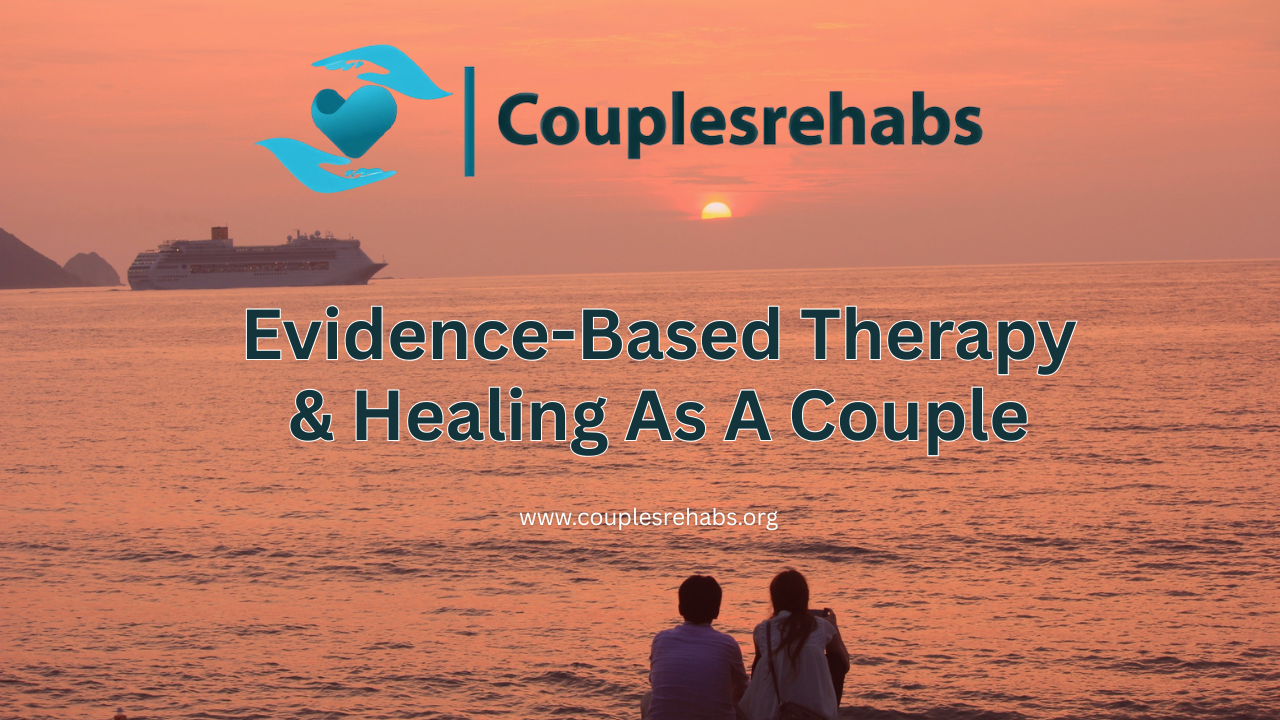
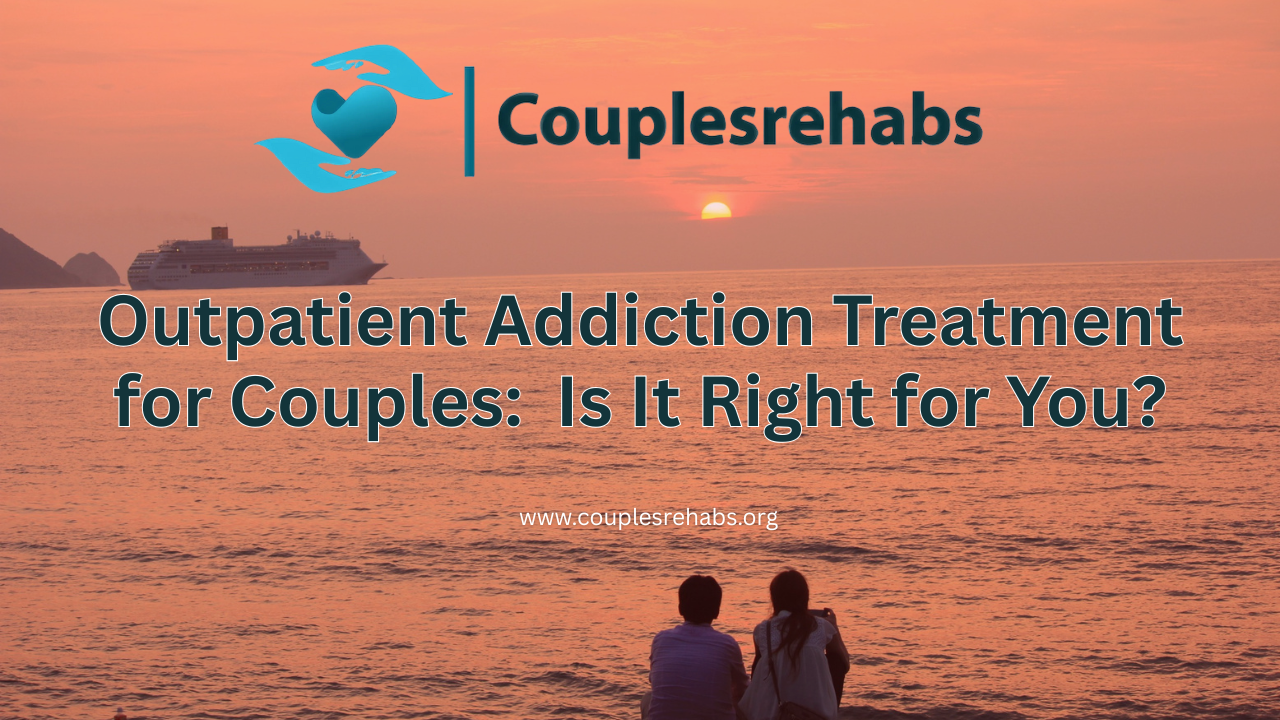
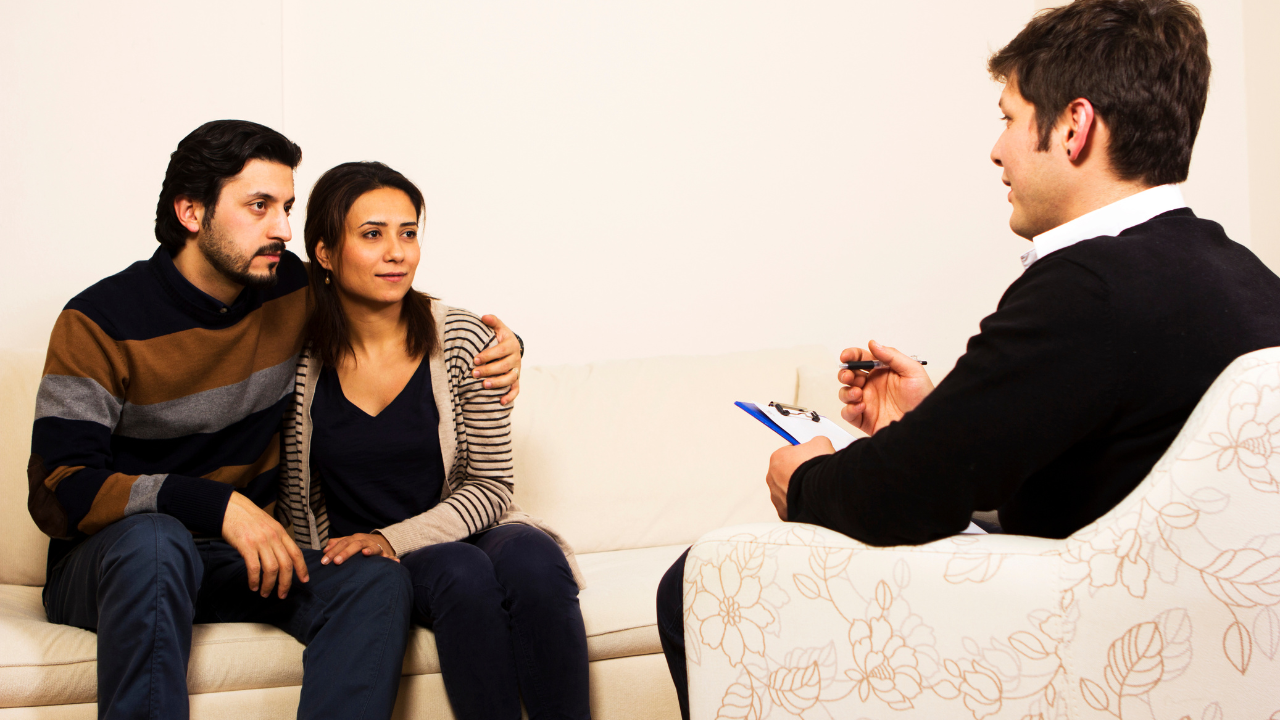
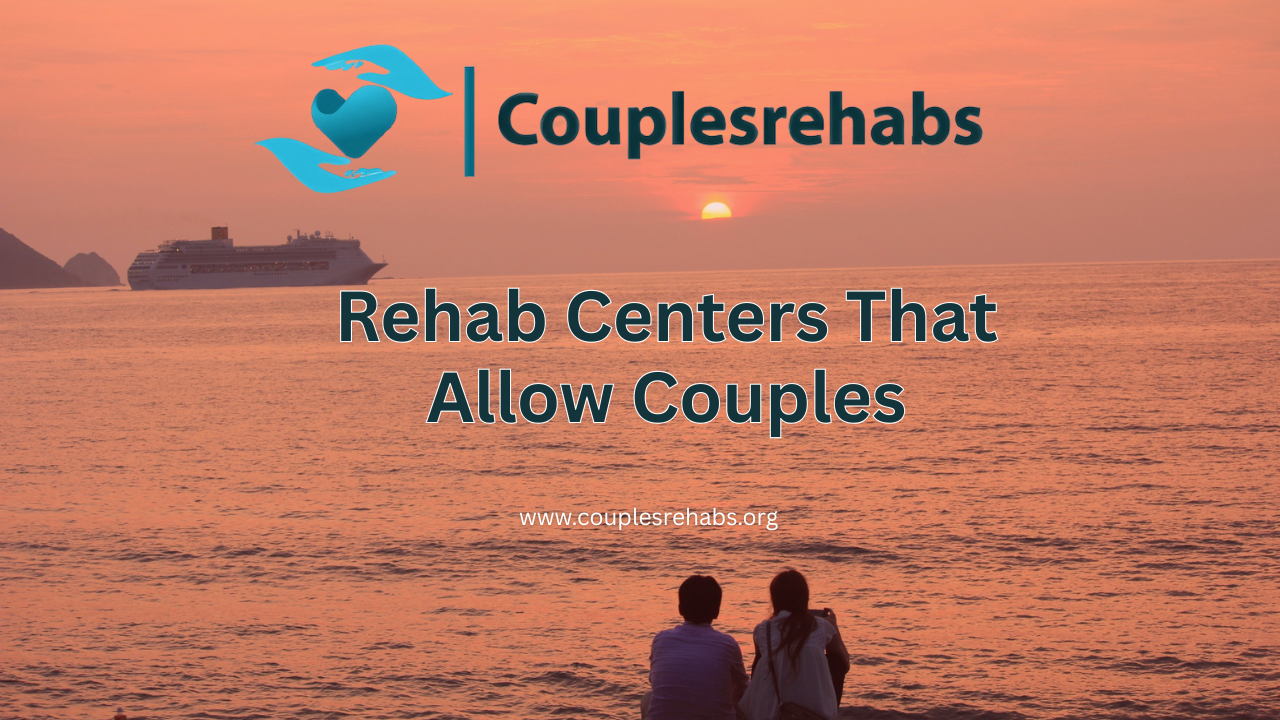

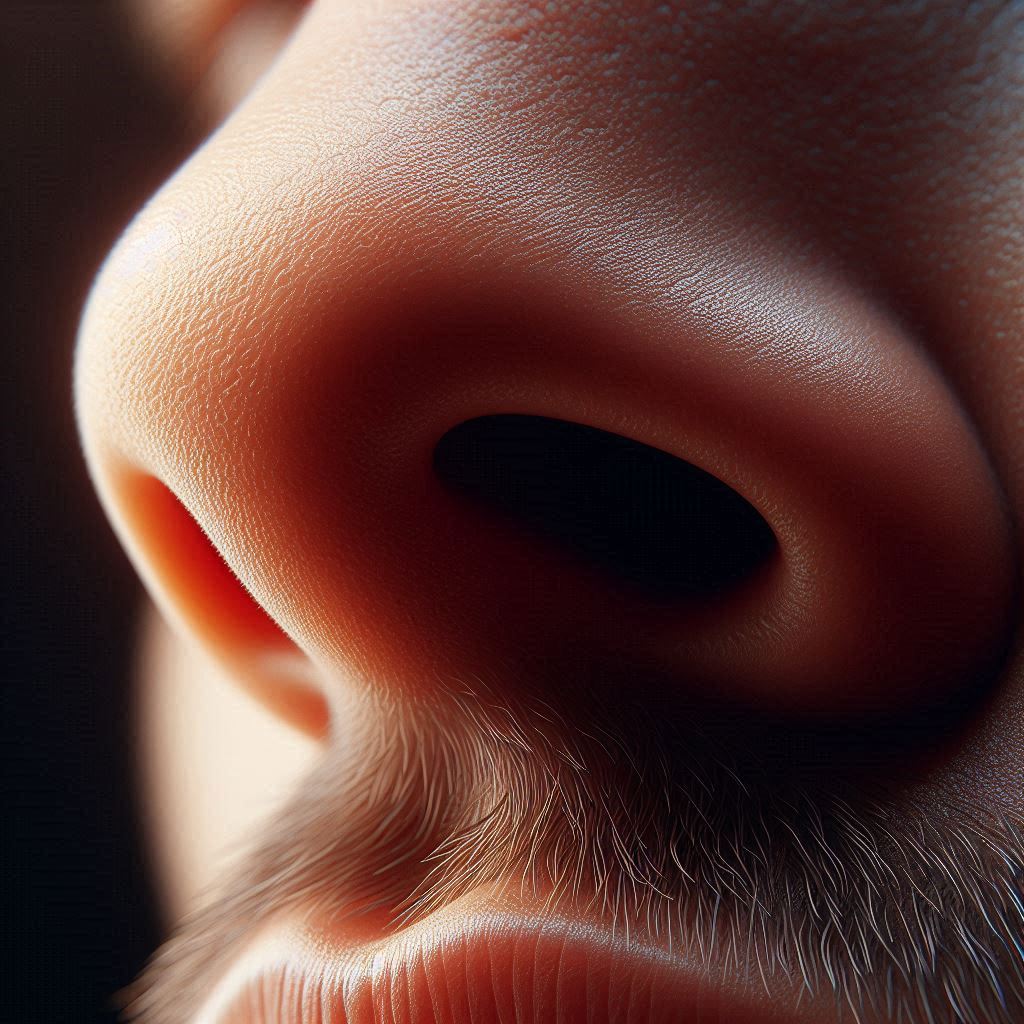




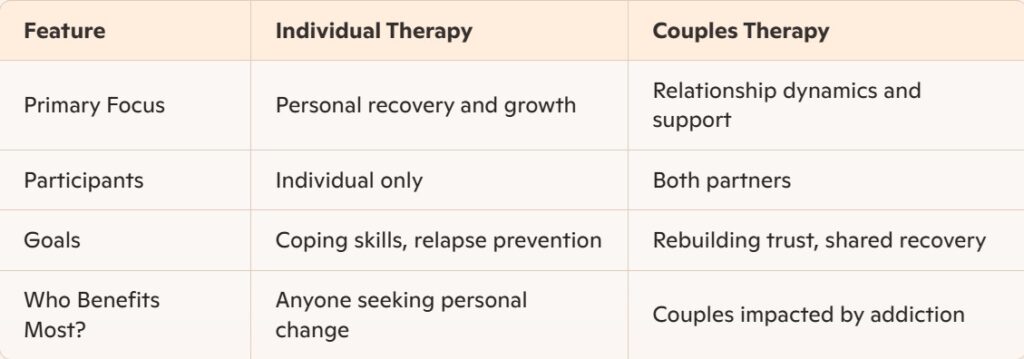
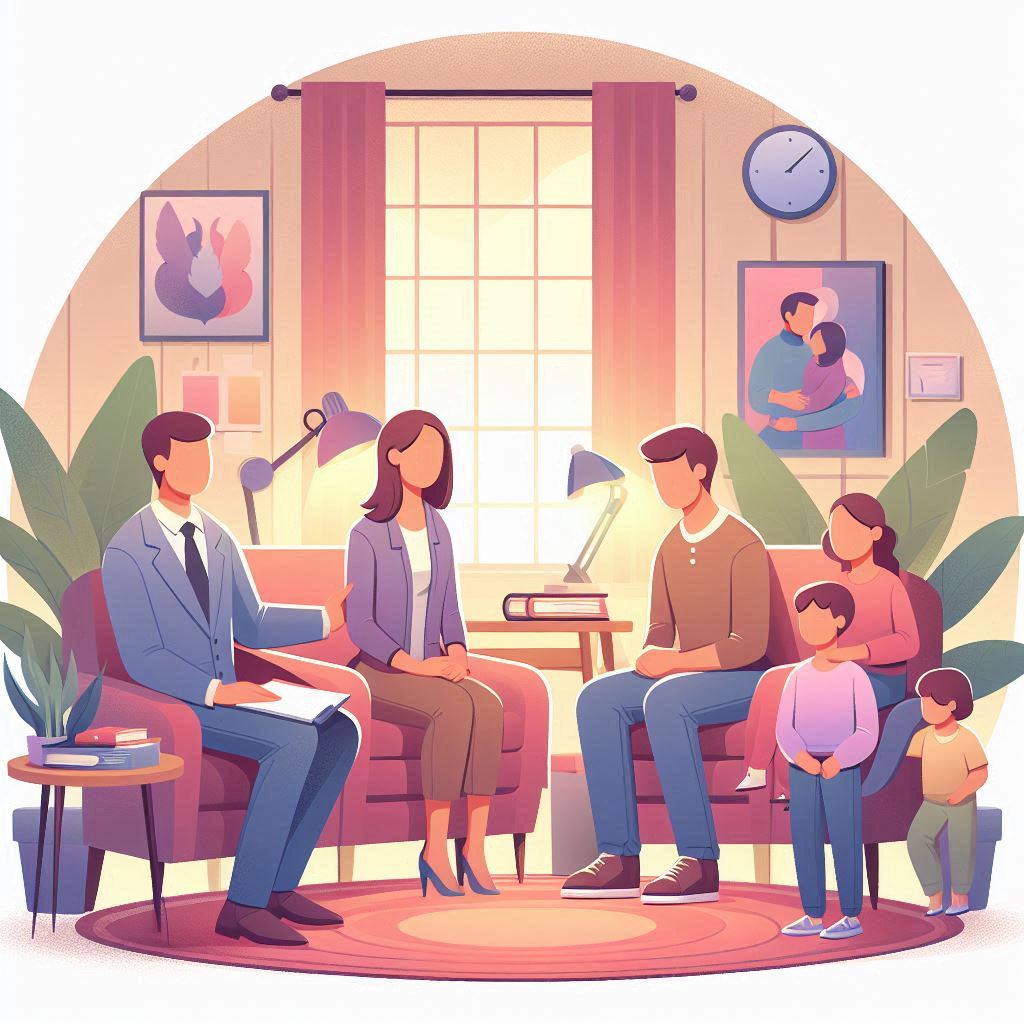
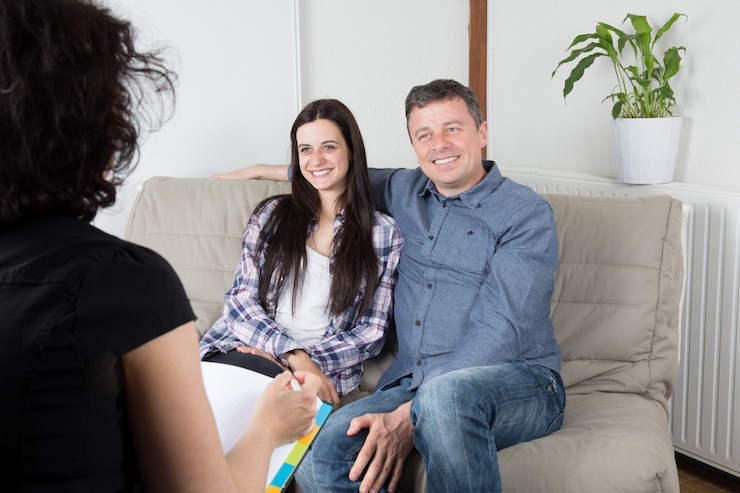

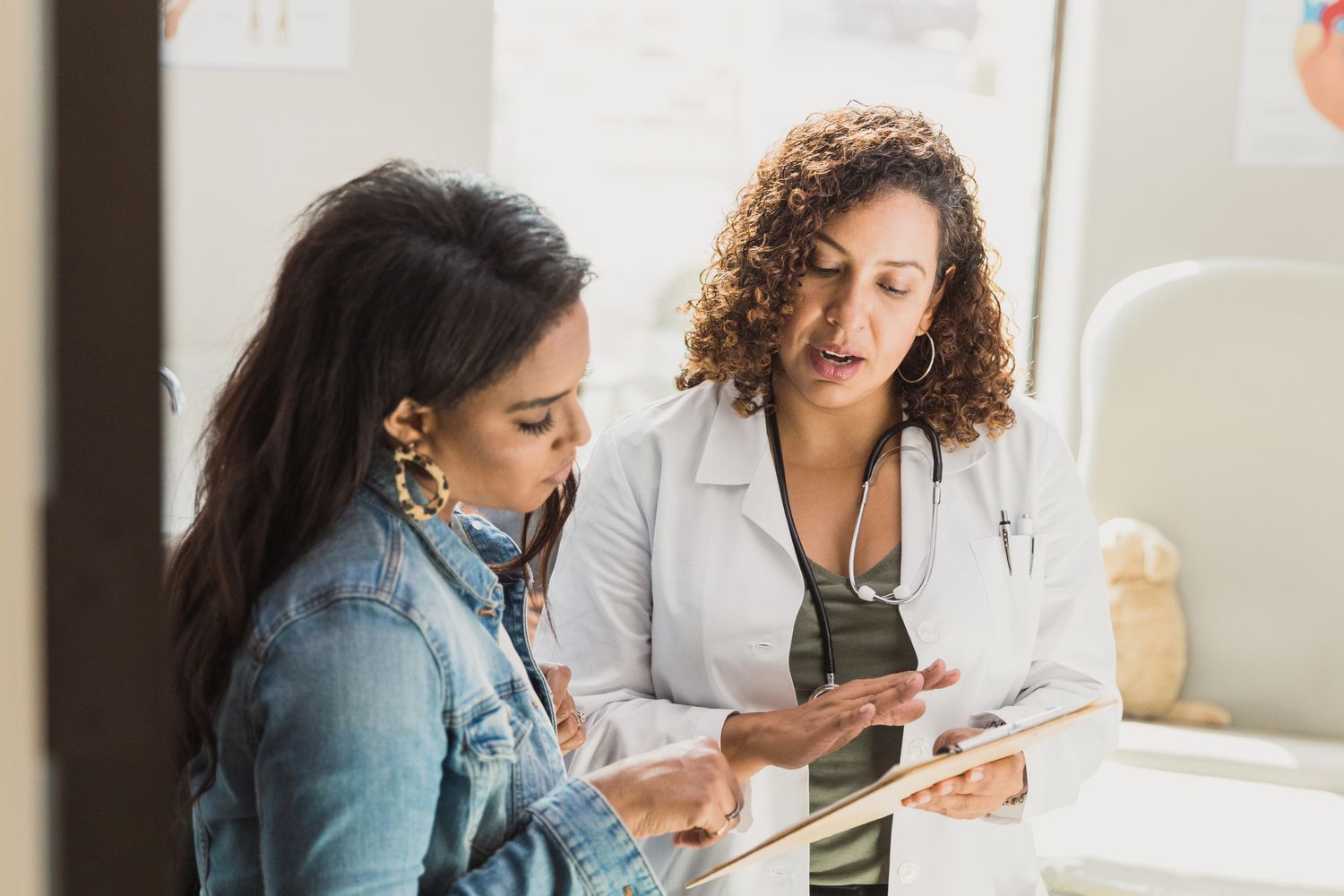
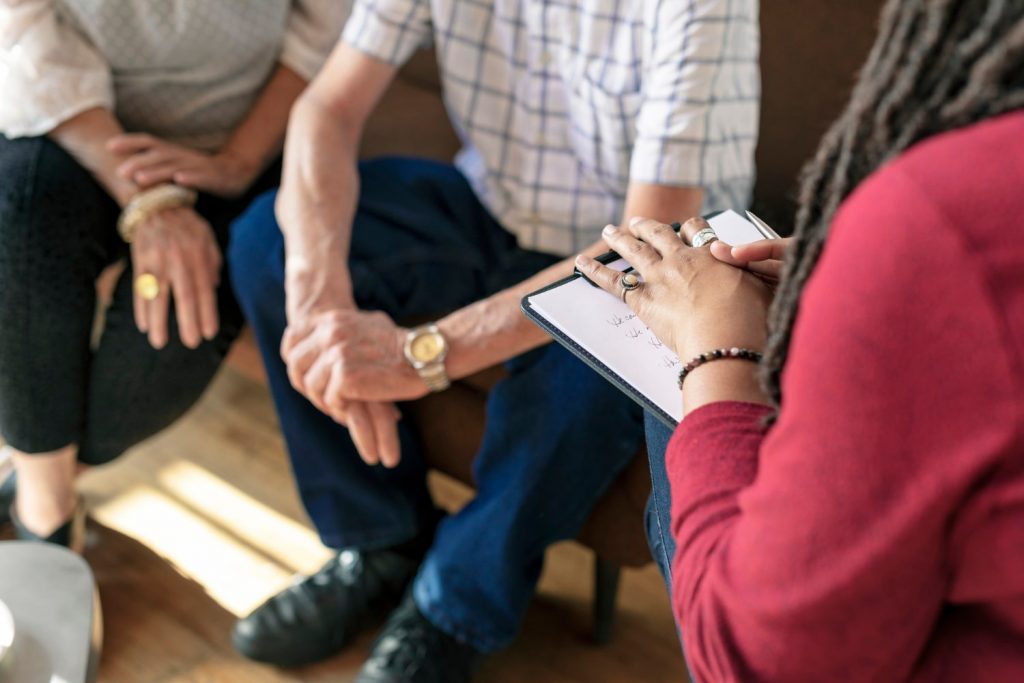


Recent Comments